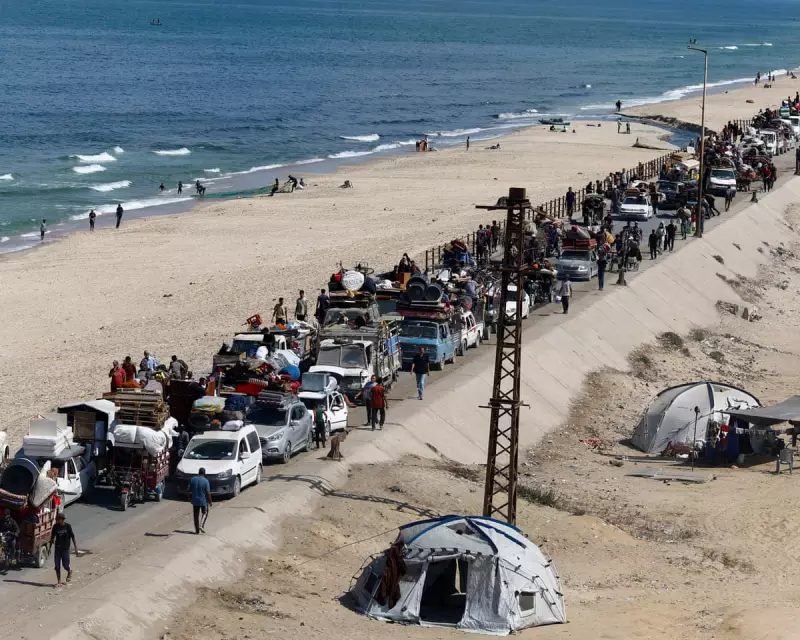
The remaining functional hospitals in the Gaza Strip are being inundated by what medical staff are describing as a "tsunami" of patients, pushing a crippled healthcare system to the brink of total collapse. Doctors are reporting scenes of utter chaos, with corridors overflowing and critical shortages of everything from painkillers to anaesthetics.
A System Buckling Under Unprecedented Strain
According to health officials, the few hospitals still accepting patients, such as the Indonesian Hospital in northern Gaza and Nasser Hospital in Khan Younis, are operating at many times their intended capacity. The influx is driven by continuous casualties from ongoing hostilities, alongside a growing health crisis stemming from overcrowding, poor sanitation, and a lack of clean water.
"We are no longer practicing medicine in any real sense," one surgeon told The Guardian via a shaky communication line. "We are performing emergency first aid in corridors, often without basic supplies. The situation is beyond anything we have ever trained for."
Critical Shortages and Desperate Measures
The crisis is compounded by a desperate lack of resources. Key medical supplies are exhausted, and power outages threaten to shut down life-saving equipment.
- Power Dependency: Hospitals rely on generators for electricity, but fuel is critically low, risking the failure of incubators for newborns and ventilators for critical patients.
- Medication Crisis: There are severe shortages of antibiotics, pain relief, and blood for transfusions, forcing doctors to make impossible triage decisions.
- Staff Exhaustion: Medical personnel, working around the clock with minimal rest, are facing extreme psychological distress as they struggle to provide care with inadequate tools.
A Deepening Humanitarian Catastrophe
The collapse of the healthcare system is a central element of the wider humanitarian disaster unfolding in Gaza. The inability to treat the wounded, manage chronic illnesses, or provide basic maternal and paediatric care signals a rapid deterioration of public health. Aid agencies are warning of a surge in preventable deaths if urgent medical aid and a ceasefire are not secured immediately.
The World Health Organization has reiterated calls for the protection of healthcare facilities and for safe, unimpeded access for humanitarian convoys. However, the reality on the ground remains one of immense suffering and a healthcare infrastructure that has effectively been dismantled.





